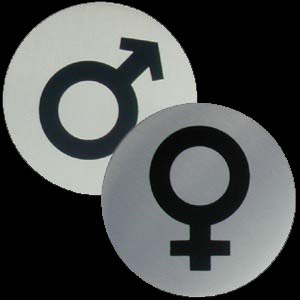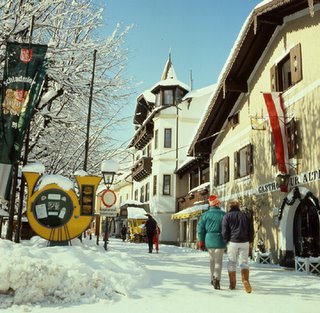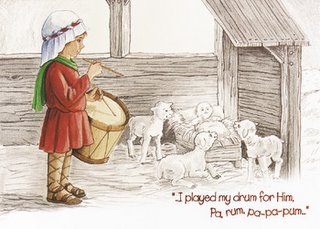Travel Weekend...

If you'd like to visit Austria or Budapest this weekend for a few minutes as you close out 2005, feel free to follow the links:
To Austria
To Budapest
See you soon...
it's about 'what is church?' it's about whether 'emergent' is the latest Christian trend or something more substantial. it's musing on what it means to live faithfully...in the city, in America, in community, intergenerationally, at this time in history...

 You walk up the streets in the hilly side of the Danube, the part of the city called Buda. It has it's own history, remarkably different from the plains on the east side of the river and the city that grew up there known as Pest.
You walk up the streets in the hilly side of the Danube, the part of the city called Buda. It has it's own history, remarkably different from the plains on the east side of the river and the city that grew up there known as Pest.

(Note: Due to Richard's lack of computer access during his vacation, the keeping of his blog has been turned over to a second-generation Dahlstrom. Never fear--the original will return soon!)


I’m interested in a recent article in the Seattle Times about casual sexual encounters for two reasons. The first reason has to do with how we’re perceived globally. Since a marriage is more likely to fail in America than anywhere else in the world, and since we also are near the front of the pack in statistics such as abortion, venereal disease, and those ailments that arise from a sense of isolation, it’s understandable that not everyone would want to be ‘just like us’. In fact, it’s understandable that Islamic cultures, with their strong ties of family and their limitations of sexual expression to marriage, would find our culture reprehensible. It’s equally odd that we would then frame our struggle to export democracy as a struggle between good and evil.


I've been in San Antonio for the past two day in order to teach a day long seminar today on the effects of post-modernism, especially as it relates to Christian camping ministries. Aside from the stimulating conversation all day, I've been intrigued once again by the cultural differences that weather creates. Last night I ate dinner outside at BBQ place on the RiverWalk. Somehow, the nature of dining outside encourages both lingering and communication. I met my neighbors at the table to my left, (two Washingtonians playing basketball for a college in Hawaii and in San Antonio for games), and the people to my right, (a couple from Minnesota attending an investment conference). Soon we were all talking together and as I looked around I realized the same thing was going on all along the river.